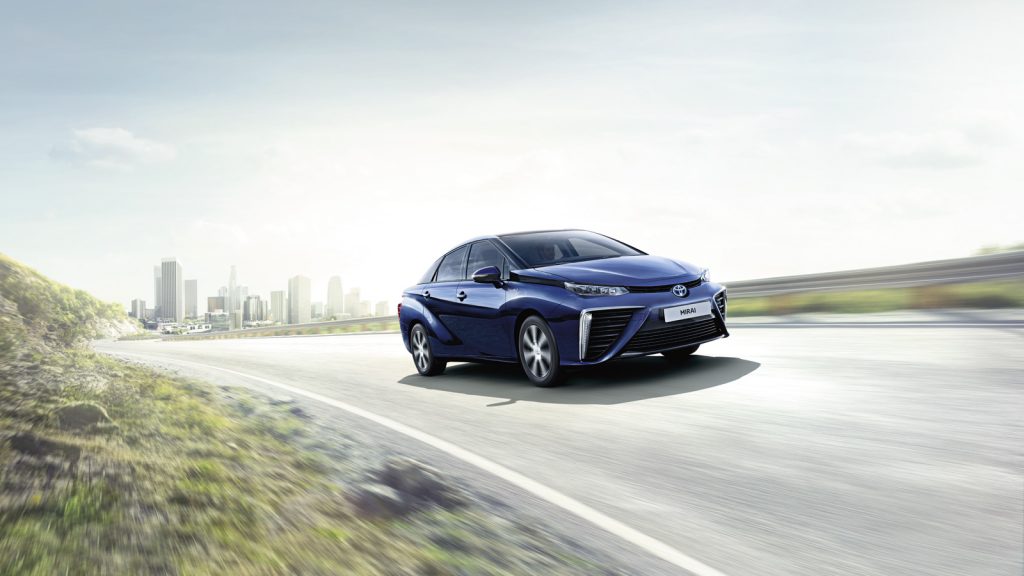In last months ‘Famous Last Words’ I looked at the soon to be released Porsche Electric car the Taycan – which is certainly a much anticipated motorcar.
But what I think interesting is the on-going debate of which is more energy efficient, environmentally friendly and ultimately practical, an electric car or a Hydrogen Cell vehicle.
Ideally the concept of a Hydrogen Cell vehicle sounds fantastic in that there is zero emissions, however at the moment there are definitely some practical issues that are standing in the way of these vehicles taking off in the near future.
If you’re interested in how a Hydrogen Cell vehicle, you make like to look at this video:
You may also be interested to know that there are some Hydrogen Cell vehicles currently being tested here in Australia, which demonstrates that motor manufacturers like Toyota believe they may be the future direction of motoring.
Two Toyota Mirai Fuel Cell Electric Vehicles (FCEVs) have been delivered to AusNet Services and Mondo and Hydrogen Mobility Australia (HMA) as part of Toyota Australia’s ongoing hydrogen vehicle loan program.
AusNet Services, Mondo and HMA will use the Mirai FCEVs on road in a range of conditions as part of research into the efficiency, usage and benefits of hydrogen technology.
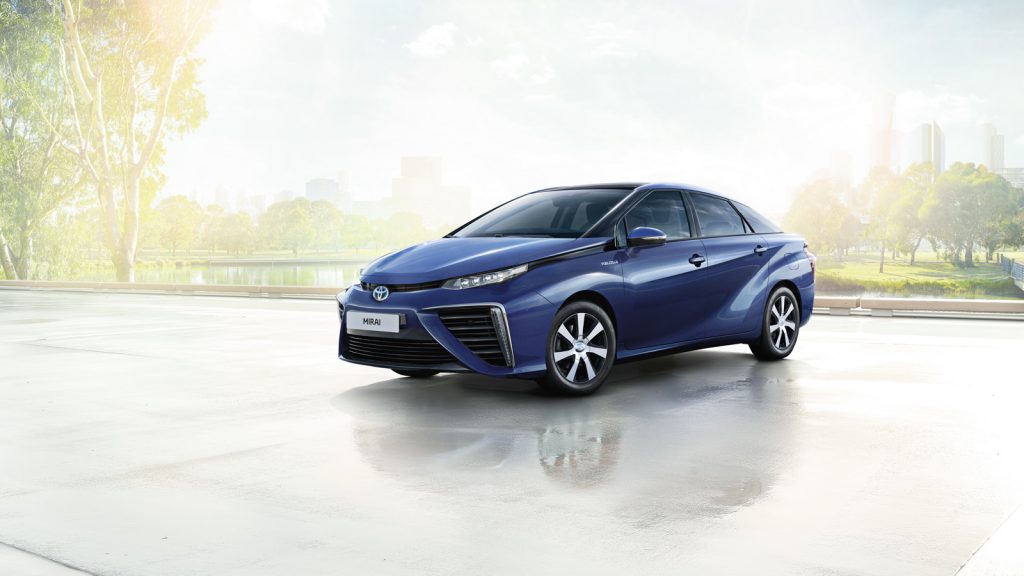
During the loan periods, the Mirai FCEVs will be refuelled using a mobile hydrogen refueller at Toyota Australia’s former manufacturing site in Altona in Melbourne’s west.
Toyota Australia’s Manager of Advanced Technology Vehicles, Matt MacLeod, said the loans to AusNet Services, Mondo and HMA were an opportunity to highlight that the Mirai FCEVs drive just like any other car.
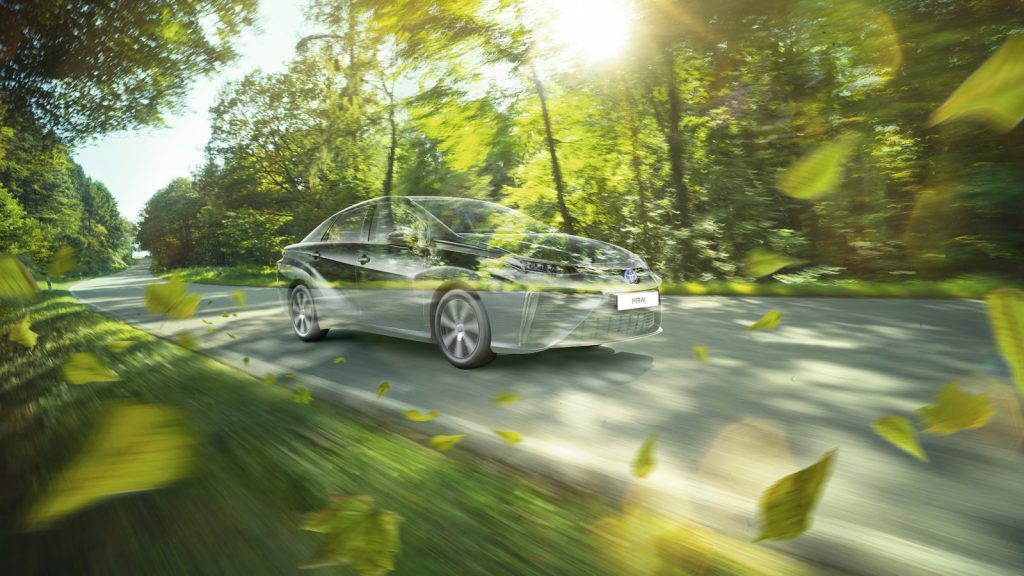
“There is a common misconception that hydrogen-electric vehicles, like the Mirai
FCEV, drive differently,” Mr MacLeod said.
“Besides making very little noise and emitting nothing but water vapour from the
tailpipe the only real difference with the Mirai FCEV is that it uses a different fuel source, hydrogen, for which there is very little infrastructure available here in Australia.
“That is obviously a large hurdle that must be overcome to enable car makers to introduce this technology, especially ahead of impending CO2 regulations.
“That’s where the Mirai FCEV loan program is a step in the right direction because these zero-emission vehicles are being used by real people in real world situations,” Mr MacLeod said.
AusNet Services Managing Director, Nino Ficca, said hydrogen has a key role to play in Australia’s energy future.
“It will not only enhance the way we fuel our vehicles, but also how we utilise energy
in our homes and businesses. As owner of both gas and electricity networks, AusNet
Services is uniquely positioned to develop hydrogen infrastructure and capitalise on emerging opportunities,” Mr Ficca said.
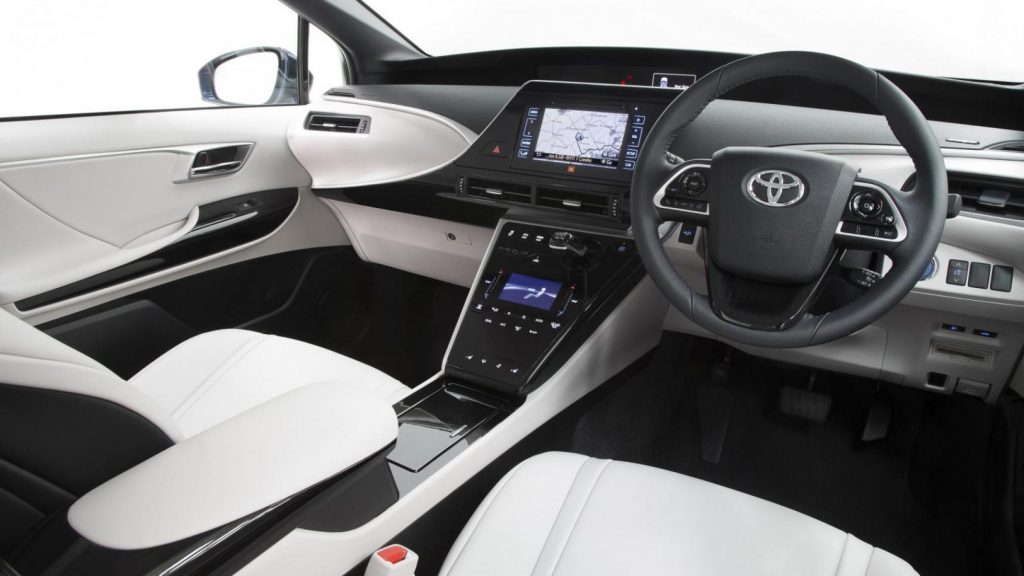
Mondo Executive General Manager, Chad Hymas, said involvement in the Mirai loan program helps raise the profile of hydrogen and further the discussion across sectors.
“Participation in the Toyota Mira loan program demonstrates our continued commitment to the future of renewable energy in Australia,” Mr Hymas said.
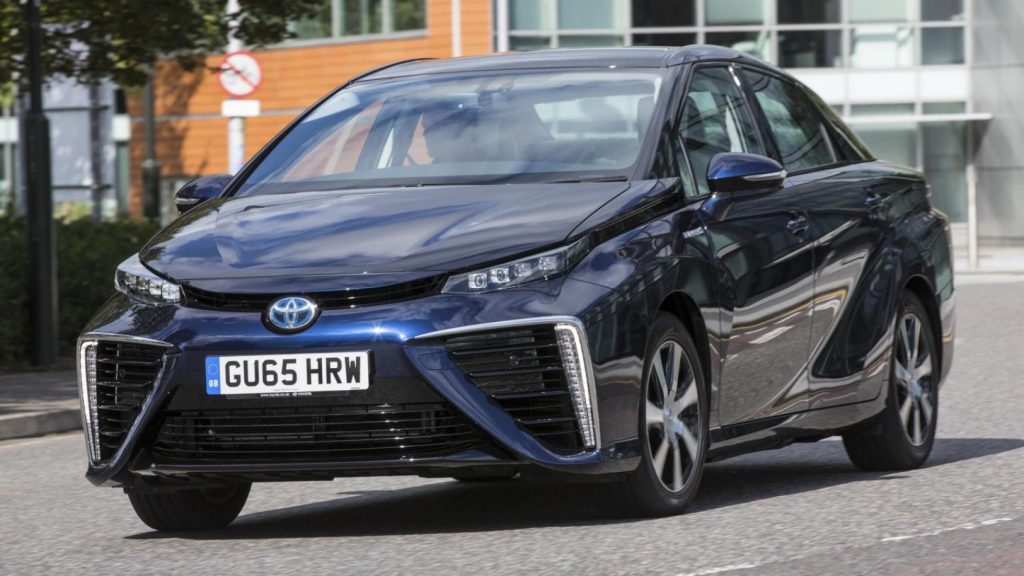
“With industry leaders such as Toyota, we can take pragmatic steps towards the development of hydrogen as a future fuel. It’s an exciting time for both the transport and energy sectors and we’re proud to be part of their development.”
Hydrogen Mobility Australia CEO Claire Johnson said the Mirai loan program will support HMA’s advocacy and education efforts while showcasing fuel cell technology.
“As the industry body for hydrogen, we already know the exciting opportunity these zero-emission vehicles present to Australia, so we’re looking forward to sharing this technology with governments across the country and demonstrating the benefits first hand”.
“With Australia’s transport emissions continuing to rise, vehicles such as the Mirai FCEV present a real solution to reverse this trend. We do however need governments to come on board and support the growth of zero emission vehicles in Australia, including introducing vehicle emissions regulation and coordinating infrastructure. Showcasing the Mirai FCEV as part of these discussions will assist us to move the conversation in the right direction,” Ms Johnson said.
Sooooo, one has to ask, how long will it be before electric vehicles take over from petrol power, and then, if and when will Hydrogen cell be the fuel of choice?
